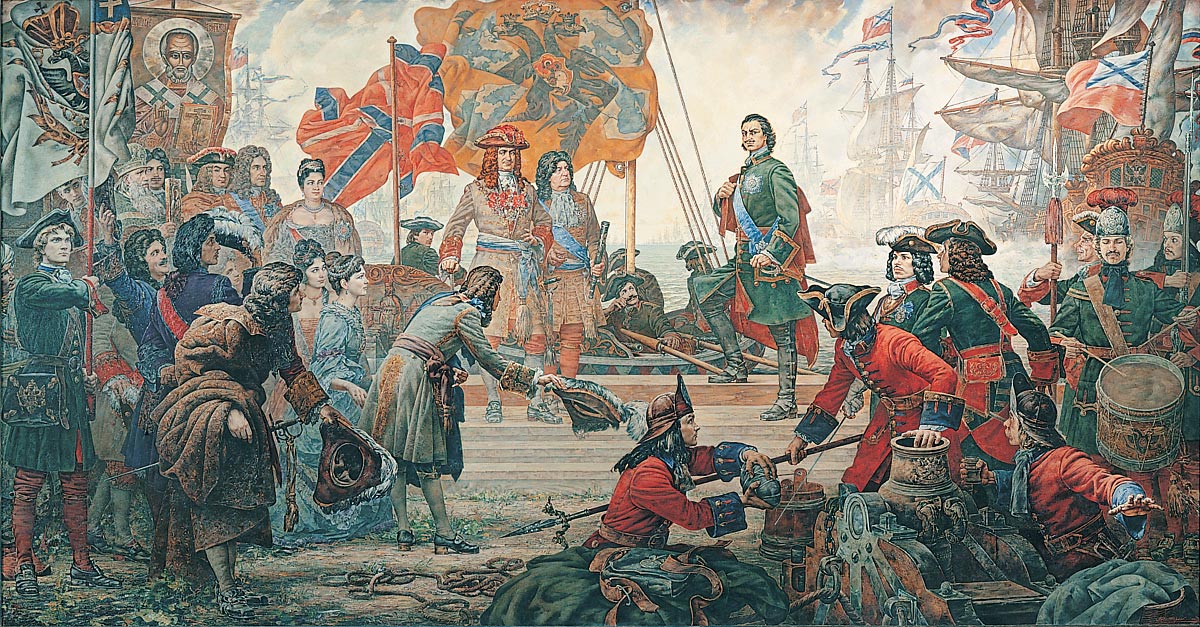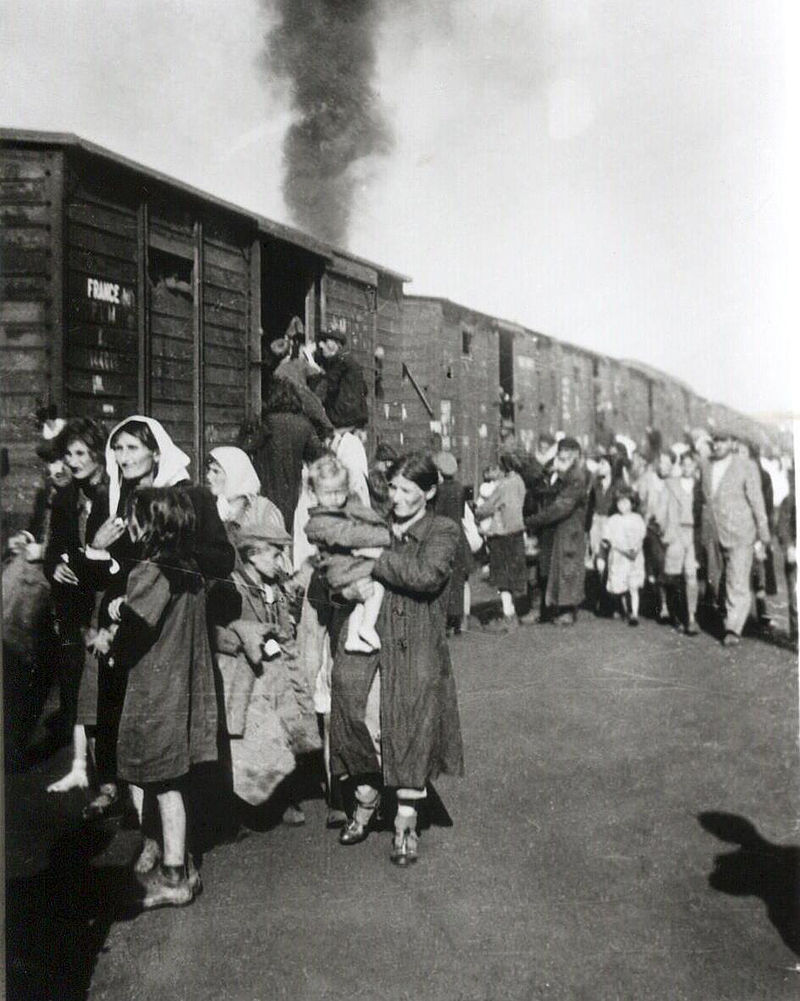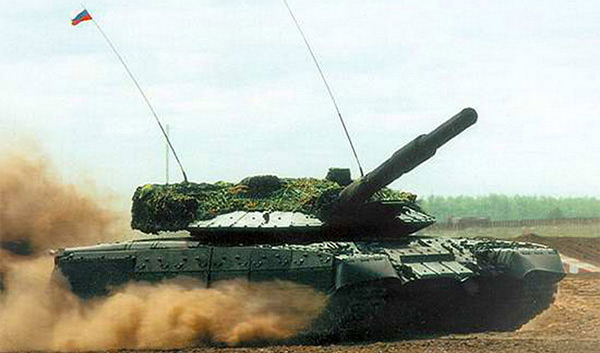
Peter I was a great statesman and the founder of the Russian regular army and navy. He was also the founder of a new Russian school of military art, kotorayasformirovala many outstanding commanders. The advanced nature of the art of war is primarily to accounting for changes in the means of armed struggle, rejection of patterns in the conduct of the battle and battlefield commander and granting the right of initiative and calculated risks.
In the 1st half of the XVIII century. Russia has been involved in several wars. However, the most important of them was the Great Northern War with Sweden. It was fought for the return of ancient Russian lands, and ensuring access to the Baltic Sea, which it is a prerequisite for normal development of the country. Therefore, the characteristic features of the strategy of Peter I during the Northern War were active, perseverance and determination in achieving this goal and the use of the most diverse and flexible forms of struggle, depending on the prevailing conditions. To achieve the overall objectives of the war, he skillfully combined action of the Army and Navy.
Sweden has developed European countries, I had one of the best at that time army, and a powerful navy, which dominated in the Baltic Sea. Swedish King Charles XII (Regulations 1697-1718), despite his youth, He was a prominent commander of the time. In this way, Russian army had to meet strong, skilful and determined opponent.
Northern war continued 21 year. In the course of warfare it is separated usually 3 period, which are characterized by different actions of Russian troops.
In the 1st period (1700—1706) the main efforts of the Russian troops were aimed at achieving access to the Baltic Sea. In early October, 1700 g. 35-strong army of Peter 1 at 145 guns besieged the Swedish fortress Narva, but quickly master it could not. Karl XII with a force of about 25 thousand. a man suddenly approached the Russian command Narva and the Russian army inflicted a major defeat, during which she lost almost all their artillery and suffered heavy casualties.
The main reason for the defeat of the Russian army was it ill-prepared for war with a powerful enemy. The troops were not able to fight according to the rules of linear tactics, reconnoiter, They were poorly armed, artillery was obsolete and multicomponent-libernoy. Besides, Russian army had its national command structure, on all major team due ^ tyah were foreigners. Russian army at Narva led by a foreigner Duc de Croy, that his staff, There were also foreigners, before the decisive moment battle gave Karl XII.
After being defeated at Narva and determine the cause of the defeat of Russian troops, Peter I sent all my energy on the training of the army and the country to war with Sweden. A new regular army, improved organizational structure, training and education system, It appears new weapons. When updating artillery reached before, that many churches-
Wei bells were removed and recast in the gun. military schools open for the national team staff. This work has yielded results. By the end of 1701 g. Russian army was reorganized, rearmed and could continue the armed struggle with the Swedes.
It was decided to wage war on the territory of, occupied by the enemy, but the battle to enter only the numerical superiority and gradually accustom troops to the war field, accumulating experience with the transition from light to more difficult tasks. 1701 g. about walking in minor skirmishes, but at the end of December bp. Sheremetyev won the first major victory over the Swedes at Erestfere (taken into 2 thousand. prisoners), that had a great impact on strengthening the morale of the Russian troops. In October 1702 g. after 3-week siege Peter mastered Noteburg, renamed Shlisselburg, and 1703 g. Nienschanz, on the spot where St. Petersburg was founded. AT 1704 g. troops moved in Estland. storm were taken Dorpat and Narva. Campaign 1701-1704 gg. allowed to conquer much of the Baltic, get access to the Baltic Sea, defeat the Swedish army, left here against Russian, and to prepare the army for a new active action.
2-Third period (1707—1709) It is characterized by invasion of Swedish troops to the borders of Russia. The basic meaning of Peter strategy 1 It consisted in an effort to wear down the forces of Charles XII, and then beat them in a pitched battle. The central event of this period was the Battle of Poltava (1709). spring 1709 g. Karl XII, It is in Ukraine, I decided to resume the offensive against Moscow. his military forces by this time decreased significantly. 28 September 1708 g. Forest was destroyed by the Swedish corps under the command of AL. Levenhaup th (16 thousand. human) with food and ammunition, who went to join up with the main forces of Charles XII. This victory showed, that the Russian army has learned a lot and can successfully fight against Sweden.
To create favorable conditions for the occurrence of, Charles XII decided to capture Poltava, which he defended the 4000th garrison and armed residents. Despite the paucity of, Poltava garrison bravely repulsed 20 assaults superior strength and the Swedes 3 month detained them under the city walls. Peter I focused chapters
nye forces of the Russian army at Poltava and 27 June 1709 g. He gave the Swedish army general battle. The balance of forces was not in favor of the Swedes - 30 thousand. against 42 thousand. Russian. In terms of training and combat experience they are not superior to Russian soldiers. Inspiring and concise was an appeal to the troops of Peter I: "Warriors! Here come the hour of, which will decide the fate of the Fatherland. And so you do not have to think, that fight for Peter, but for the state, entrusted to Peter, of his seed, for Fatherland, for our Orthodox faith and the Church. You also should not confuse the glory of the enemy, supposedly invincible, which lie you are his victories over them repeatedly proven. Keep in battle before your eyes and the truth of God, is fighting for you. And know about Peter, he his life is not the way, Only Russia would live in bliss and glory, for your well-being ".
Poltava battle ended with a brilliant victory of Russian troops. They were defeated and taken prisoner by the cream of the Swedish army. The battle was a triumph of Peter I, its high generalship, indisputable evidence of the growing strength and skill of the army he had created. The victory of the Russian army at Poltava led to a turning point in the Great Northern War. Sweden had lost much of its standing army, and could no longer create new and to actively combat Russia. In this way, the approval of Russia in the Baltic States was at mostly resolved. In the Russian Federation the date of this brilliant victory commemorated as the day of Russia's military glory - Victory of the Russian army under the command of Peter the Great over the Swedes in the Poltava battle (1709 year)1.
3-The first period of the war (1710—1721) characterized by a broad offensive actions of the Russian army and navy. After the victory at Poltava correlation of forces has changed dramatically in favor of Russia. Peter I deploys a broad offensive in the Baltic States, Померании, Finland with a view to the final defeat of Sweden, and to firmly establish themselves in the Baltic States. In a short time it was occupied Vyborg, Riga, Pernau, Revel, Ahrensburg, It is depriving the Swedish navy convenient and strategic bases.
In its turn, Russian fleet defeated the Swedish fleet, He captured the Åland Islands, He won supremacy in the Baltic and twice landed troops directly in Sweden. A bright page in the history of a victory of the young Russian fleet in the Battle of Cape Gangut 27 July 1714 g. over the Swedish fleet. Peter I, led the naval battle, He compared this fleet victory with the victory of troops near Poltava.
Winning the battle Gangut Russian regular fleet secured his freedom of action in the Gulf of Finland and Bothnia and played an important role in changing the strategic situation throughout the theater of operations. In the Russian Federation Date of this victory is immortalized as the day of Russia's military glory - The day's first naval victory of the Russian fleet of Russian history under the command of Peter the Great over the Swedes at Cape Hanko (1714 year)2.
Subsequent events led to, that exhausted Sweden 30 August 1721 g. in Nishtadte he was forced to sign a "eternal truth and inviolable peace on earth and in the water".
Thus ended the Great Northern War. As a result of decisive strategy and generalship of Peter I Russia gained access to the Baltic Sea. According to the Treaty of Nystad and Russia absorbed "into a perfect neprekoslovnoe, everlasting possession and property, "the mouth of the Neva, Karelian Isthmus Keksgo-lmom, Vyborg District, Estonia, Liflyandiya, Eighty-Ingermanlan, Moonzund Islands. Russian power was firmly established in the Baltic Sea. From now on, it became known as the Russian Empire. "Foot tverdoy stood in the sea", Russia rightly took pride of place among the strongest naval powers, firmly established in the European system of international relations, finding a high foreign authority.
After the death of Peter I in 1725 g. Young Empire entered a difficult period in its development. By the decline began to lean in the case of military and sea departments. spending on the army declined steadily. Many experienced generals and officers were fired in a bet or sent to long-term holiday. For oblegche- ° Ia military budget soldiers used to chores. The shelves, located in the province, many soldiers for-imalis seasonal work, studied various crafts, n It led to lapses in the main - military affairs. Military service has become much harder due to the fact, that in training administered Prussian principles, in accordance with which it prevailed drill, mainly considered the beauty and clarity of movement in service and execution of weapons techniques.
However, the progressive trend in the improvement of the armed forces, the development of the art of war, received a brilliant start in the wars of the time of Peter, It managed to keep. military commission, educated 1 June 1730 city, has developed a series of activities, which allowed "an army is always in a constant state of good and decent". Improve the organization of military units and divisions, officer-nobles were ordered. they then 25 years of service can retire. More attention was paid to the training of officers. It was forbidden to appoint to key positions illiterate. AT 1731 g. Gentry Corps was established. In the newly formed military school, doors are opened 17 February 1732 city, enrollment 200, and then 360 young noblemen. By the end of the housing Graduates are awarded a junior officer rank.
During this period, Russia took part in the War of the Polish Succession 1733-1735 gg., and it was at war with Turkey in 1736-1739 gg., which preceded the Crimean campaign 1735 g.
. After 4-month ° gardens city surrendered, Hazelnut-sky fled, King of Poland became Augustus III. In this war,
MILITARY HISTORY











